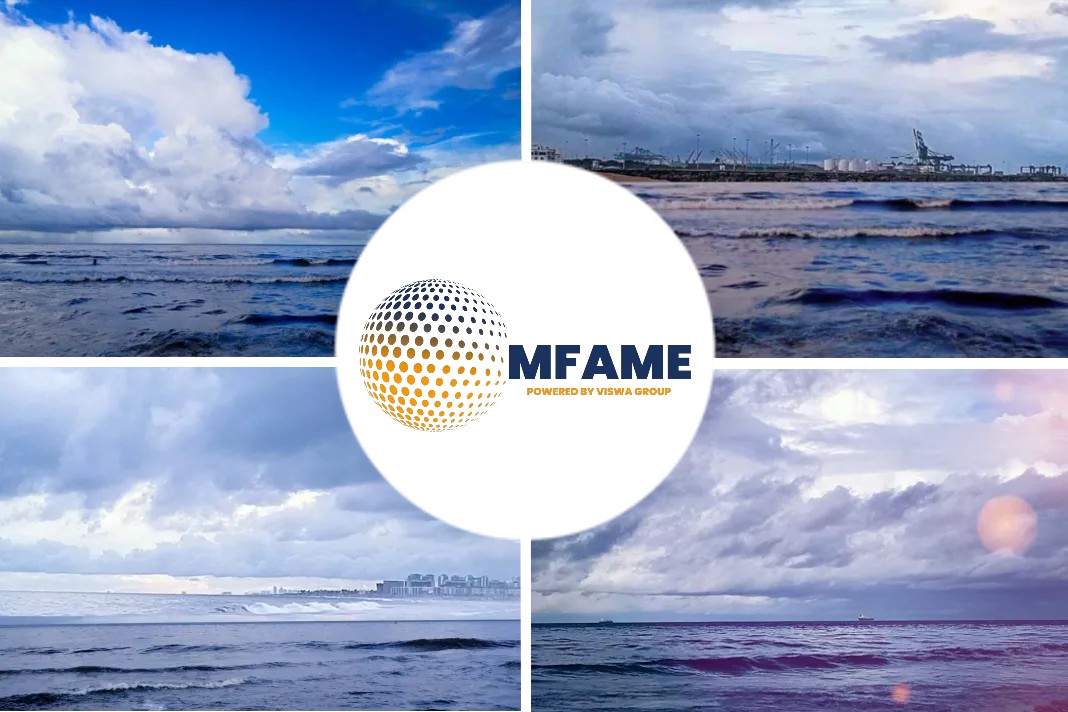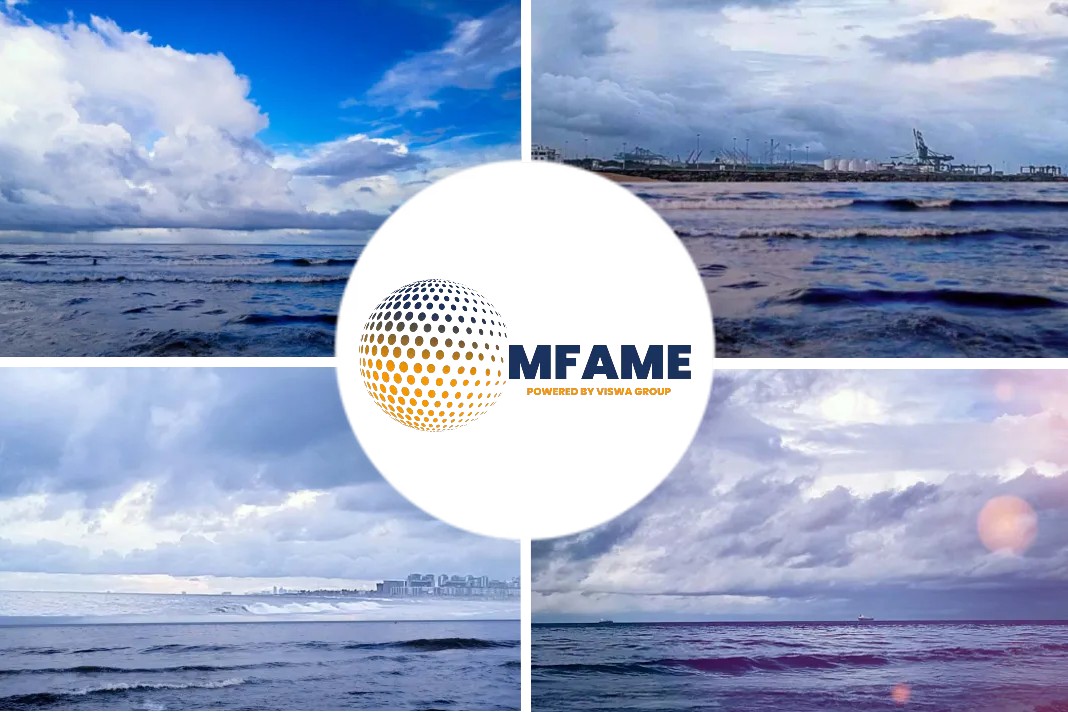- Tanker shipping company Scorpio Tankers is optimistic for 2021.
- It highlights its young fleet as well-positioned amid mature global tonnage and product transportation opportunities resulting from refinery closures.
- Tighter environmental regulations on shipping emissions and a low global order book in the future favor newer fleets.
- On the supply side, the company is comfortable this will support rates in the coming months and years.
A recent news report tanker company Scorpio Tankers is bullish amid aging global fleet.
Scorpio at the top
“Scorpio is well positioned for future regulation as it operates the largest and youngest fleet with an average of 4.9 years,” the presentation said. By contrast, 46% of the global fleet of handysize product tankers are 15 years or older and 69% will be in 2023, management said. In the case of MR vessels, the figures are 22% and 40%, respectively.
Floating storage for petroleum products
In the near term, though, Scorpio Tankers’ Commercial Director Lars Nielsen said that the unwinding of floating storage for petroleum products has put bearish pressure on freight at the start of the fourth quarter.
According to the presentation, product floating storage inventories declined from 107.3 million barrels in May to 36.9 million barrels in October, putting many ships back in play into the spot market.
Second-wave contango spurring
Nielsen said that a second-wave contango spurring on another wave of floating storage demand was unlikely in the fourth quarter as diesel and gasoline stocks continue to draw in the US Gulf Coast region, with inventories having declined by 23.3 million barrels since July according to US Energy Information Administration data.
Additionally, with refineries in extended turnaround and not producing as much, demand for floating storage would likely only arise under a sudden and surprising lockdown in which the oil has already been produced and needs to find a home, specifically on a ship, Nieslen said.
Refining hopes
Scorpio highlighted potential support from developments in the refining industry.
Oil refineries face a wave of closures due to weak refining margins, tightening environmental rules and overseas competition, prompting some owners to opt for closure or converting plants for storage or biofuels production, according to the Scorpio presentation.
After closing, the lost production in these regions is likely to be replaced through imports, management said. This bodes well for tankers, Lauro said.
Market sources are bearish about Q4 fundamentals. Limited signs of recovery in oil prices and structural oversupply are likely to weigh on tanker spot markets, they said.
Scrubber play
Analysis of the company’s fleet revealed a high proportion of exhaust gas cleaning systems, or scrubbers.
The Q3 report showed of the138 vessels in the fleet, 93 were equipped with scrubbers and 24 “have yet to be installed.”
Expensive 0.5% sulfur fuel oil
Scrubbers allow ship operators to avoid buying more expensive 0.5% sulfur fuel oil, which complies with the International Maritime Organization’s sulfur cap for marine emissions on the high seas and burn cheaper 3.5%S fuel oil instead.
The wider the spread between 0.5%S FO and 3.5%S FO, known as the hi-5, the shorter the payback term for scrubbers.
The 0.5% sulfur cap came into effect on Jan. 1 2020. S&P Global Platts assessed the hi-5 at $296/mt on Jan.2, since then it has slumped and Platts assessed it Nov. 4 at $45/mt.
Scorpio Tankers’ sister company Scorpio Bulkers had adopted a similar policy, fitting 54% of its fleet with 48 with scrubbers. The dry bulk company said in in August that it was transitioning from freight and selling vessels to wind turbine vessels.
Did you subscribe to our daily newsletter?
It’s Free! Click here to Subscribe!
Source: Platts

















